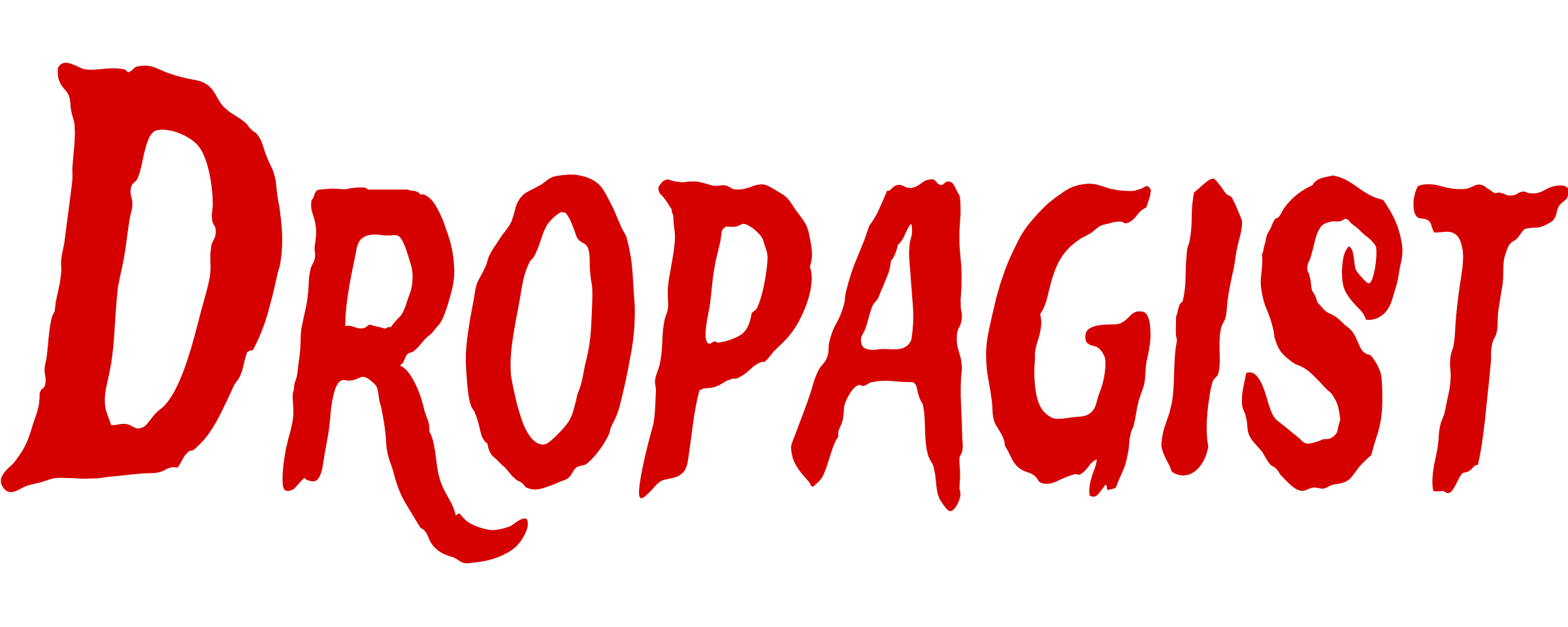In his latest New York Times opinion piece, journalist and podcaster Ezra Klein poses a question: “If Donald Trump is so dangerous, then how come the consequences of his presidency weren’t worse? There is this gap between the unfit, unsound, unworthy man Democrats describe and the memories that most Americans have of his presidency, at least before the pandemic. If Donald Trump is so bad, why were things so good? Why were they at least OK?”
Klein argues that you cannot separate Trump’s policies from his personality—that it’s both his “great strength” and “terrible flaw.”
To suggest that things were “good” or “at least OK” reflects significant privilege—precisely that of a white man siphoned off at one of the world’s most prestigious news outlets where Trump’s harmful policies have not had a direct impact. Klein’s perspective fails to account for the lived experiences of marginalized groups, and those who never saw it coming, whose lives were profoundly impacted by Trump’s administration.
It ignores the politicization of the pandemic, resulting in devastating, life-altering consequences. The empty rooms left by the 352,000 people who died from COVID-19 in 2020 alone serve as a stark reminder of the human cost of Trump’s misinformation and neglect. The mocking of masks and social distancing not only contributed to the virus’s spread but also deepened political divisions as communities grappled with loss and fear.
The reverberations from his approach to COVID-19 can still be felt today in how long COVID patients are treated—a pandemic that disproportionately impacted people of color, people in poverty, and women's autonomy.
Klein ignores the plight of women like Amber Thurman, who bled out and died in a parking lot because she lived in a state with an abortion ban that prevented doctors from providing necessary care because they did not want to be prosecuted. The abortion ban that Trump spearheaded and helped fill the Supreme Court court with ultraconservative nominees to make it happen.
Women losing their fundamental reproductive rights is not good or okay; it’s abhorrent and has led to countless other deaths, suffering, and loss of bodily autonomy.
It turns the other cheek at the norms he made acceptable—name-calling, autocratic tendencies to threaten to punish political opponents or jail journalists who refuse to promote his lies.
It overlooks the rise of white nationalist groups in the U.S. who, feeling emboldened by presidential leadership, have come out from their dark corners to wreak havoc on communities—the most recent example being Trump and running mate JD Vance’s attack on Haitian immigrants living in Springfield, Ohio.
 Multiple white nationalist groups march with torches through the University of Virginia campus on Aug. 11, 2017, in Charlottesville, Va.
Multiple white nationalist groups march with torches through the University of Virginia campus on Aug. 11, 2017, in Charlottesville, Va.
It ignores the sight of white supremacist, neo-Nazis, and MAGA supporters marching in Charlottesville, Virginia, chanting “Jews will not replace us,” leading to the death of Heather Heyer.
It fails to consider the police officers—and their families—who died defending democracy on Jan. 6, the shattered windows and doorways of our nation’s capital, the lawmakers fleeing to safety, and the chilling chants of “Hang Mike Pence,” alongside the noose propped up, waiting for him outside.
No, things were not “good” or even “OK” under Trump: they were horrific. And there were consequences—people died, lives were irrevocably changed, and not for the better. Perhaps Klein may have benefited from Trump’s policies, but many Americans did not and do not want to return to them.
Reporter’s Note: I’m one of the tens of millions of people disabled from the virus and continue to battle Long COVID. It’s been four years and I’m still sick. My body is permanently changed. I don’t know if I will be able to have children. I live with the trauma of seeing one of my parents, acutely sick with COVID-19, drop to the ground in a violent seizure and have to be hospitalized.
I will never forget what Trump’s negligence did to us as individuals and as a nation, or the vitriol I saw, empowered by him. I won’t forget the North Carolina residents adorned in head-to-toe MAGA gear, strolling through a grocery store without masks as if to make a political statement. Or the hotel receptionist who, while I was isolated with COVID-19 there, said, “Oh, we don’t wear those things here,” even though signs posted encouraged it. I had just hospitalized my father with COVID.
Things were not “OK” then, and they’re not “good” for me and other Americans now.






)
)
)
 English (US) ·
English (US) ·